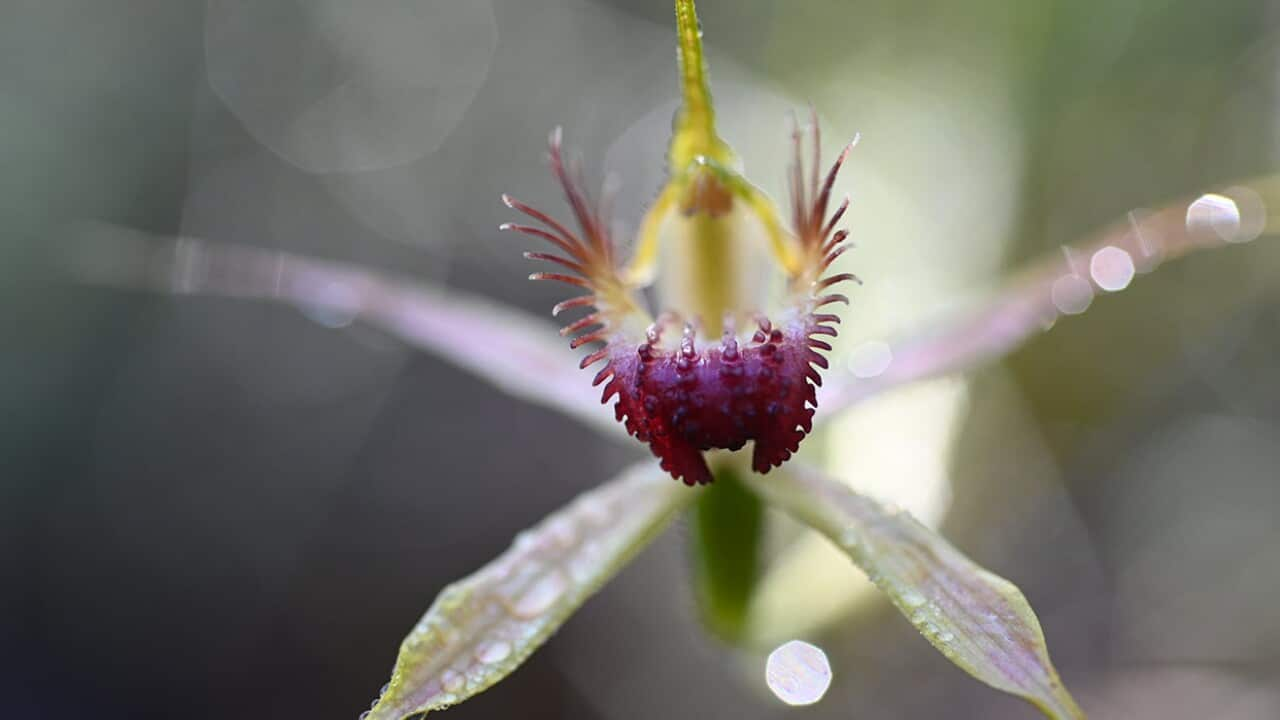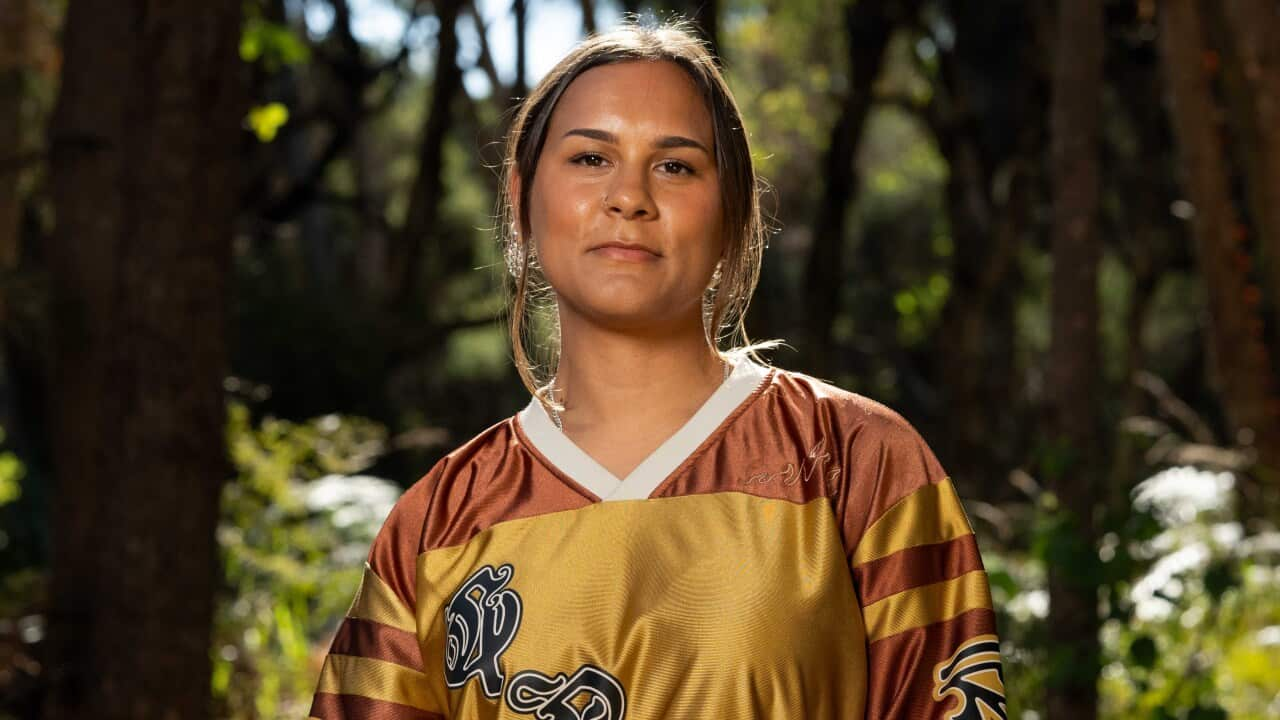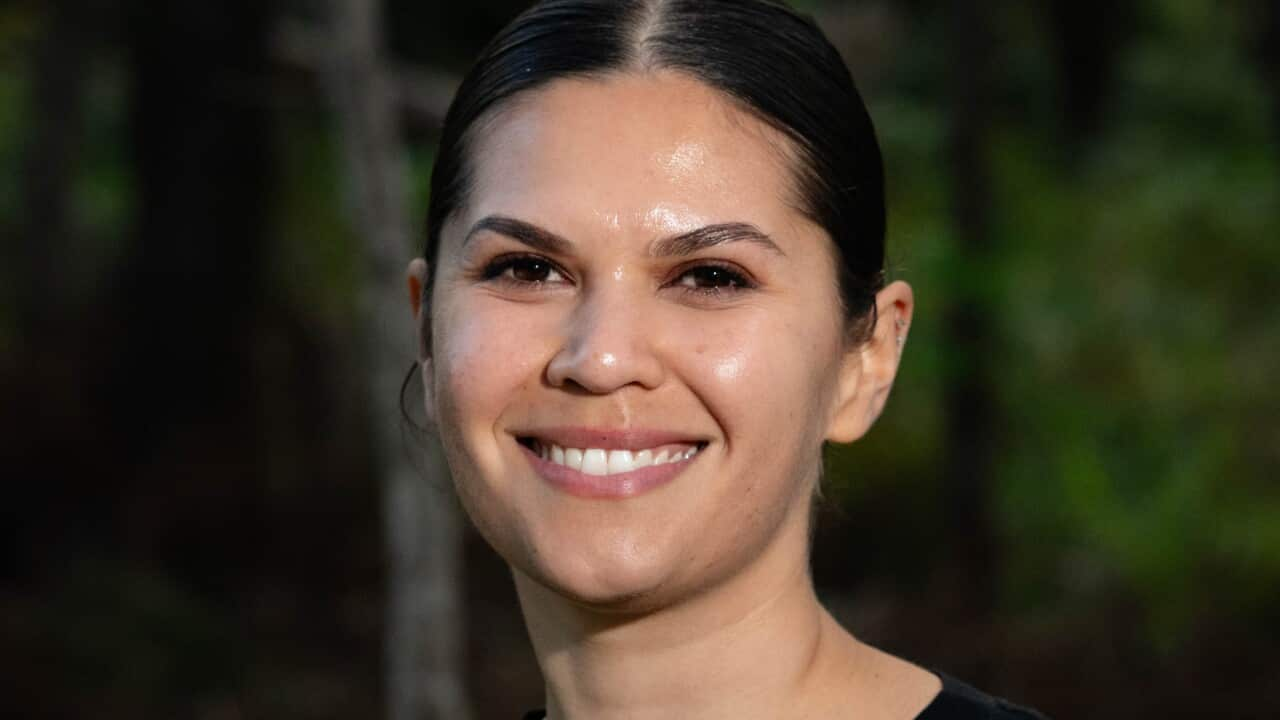People take many different paths in their pursuit of mental health and wellbeing. Visiting friends and family, making a cup of tea, taking a bath, or popping on a face mask.
But sometimes what we should really be doing is slowing down, or “dabakarn koorliny”. In Noongar this roughly translates to 'moving along slowly or with purpose'.
First Nations people take a more holistic view on self-care that involves not just the self, but connection to country and community.
In this first episode of the podcast Noongar Wellbeing we talk to Kathy Pickett, a Yued Noongar Elder who is currently completing a doctorate on First Nations children and the foster care system.
She speaks about how First Nations people are disproportionately affected by factors that negatively influence mental health, and what she recommends - combining her knowledge of psychology and Noongar culture.
What we could call going back to Country, well they call that grounding now. It’s almost like Western ways of doing things are catching up.
LISTEN TO

What does self care and wellbeing mean to First Nations Elders?
SBS NITV Radio
01/07/202239:36

Kathy's understanding of wellbeing incorporates physical, mental, emotional, and spiritual health. Source: Kathy Pickett
Follow in the , or your favourite podcast app like and , to hear all six episodes in the series.









